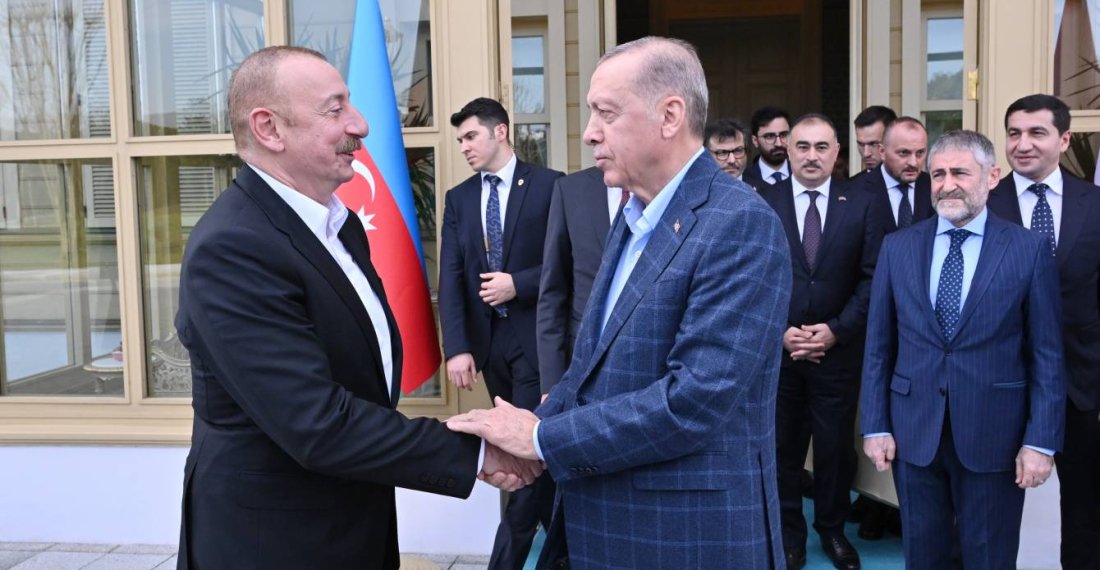There is intense diplomatic activity in the South Caucasus ahead of a likely resumption of direct negotiations between Armenia and Azerbaijan in an effort to normalise relations between them after decades of war.
Earlier this month, on the margins of the Munich Security Conference, US Secretary of State Antony Blinken brought the leaders of the two countries together for the first face-to-face encounter of this year. The meeting appears to have been more symbolic than substantial, but it paved the way for the next steps. It is now likely that the two leaders will meet in the "Brussels format" with EU Council President Charles Michel in the near future.
The EU Special Representative for the South Caucasus, Toivo Klaar, was in Armenia last week, and this week is expected in Baku.
Also expected in Baku this week is Russian Foreign Minister Sergei Lavrov. Azerbaijani government officials have stated that his visit is related to bilateral relations and regional issues, but made no mention of the Armenia-Azerbaijan negotiations.
Perhaps most significant however was the surprise visit of President Ilham Aliyev of Azerbaijan to Turkey on Saturday, for a closed meeting with Turkish President Recep Tayyip Erdogan. The visit, which lasted only a few hours was likely to synchronise Azerbaijani and Turkish positions ahead of the next wave of negotiations.
Turkey also has an ongoing negotiations process with Armenia which is expected to lead to the establishment of diplomatic relations and the opening of land borders.
Speaking on Saturday (25 February) Azerbaijani Foreign Minister Jeyhun Bayramov said that the two sides were currently not negotiating but were exchanging views electronically. This appears to be a reference to the exchange of texts between the two sides on a future peace agreement. Bayramov said that this was not enough and negotiations were necessary.
In an op-ed for commonspace.eu, Armenian political analyst Benyamin Poghosyan says that the stand-off on the Lachin Corridor continues to hinder the negotiation process between Armenia and Azerbaijan, but notes that one of the Azerbaijani demands, the removal of Ruben Vardanyan as State Minister in Nagorno-Karabakh has now been met. (Read Benyamin Poghosyan's op-ed on commonspace.eu here).
commonspace.eu political editor said in a comment that synchronising the various elements that are part of the Armenia-Azerbaijan settlement process is always difficult, and the international context also continues to complicate matters. But there is a new sense of expectation in the air that the next days and weeks can bring about the long expected breakthrough.
source: commonspace.eu
photo: President Aliyev iof Azerbaijan meets Turkish president Recep Tayyip Erdogan in Istanbul on Saturday (25 February).






